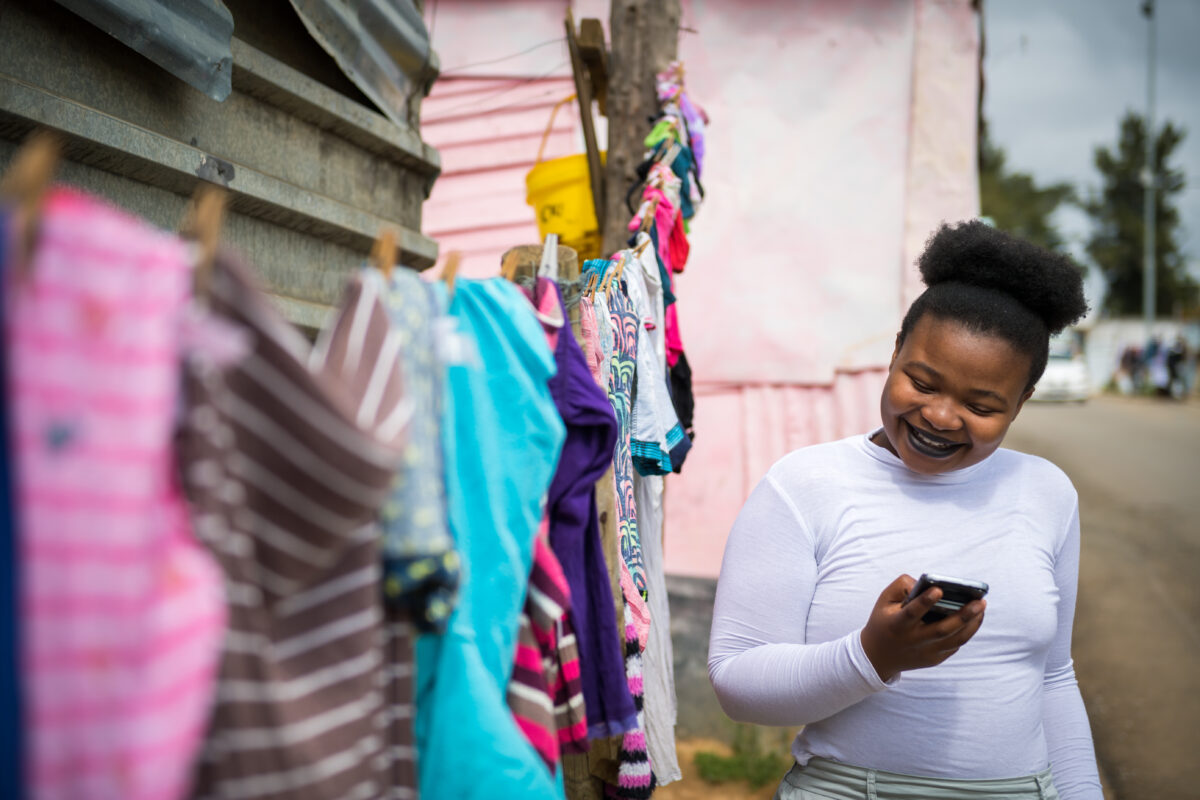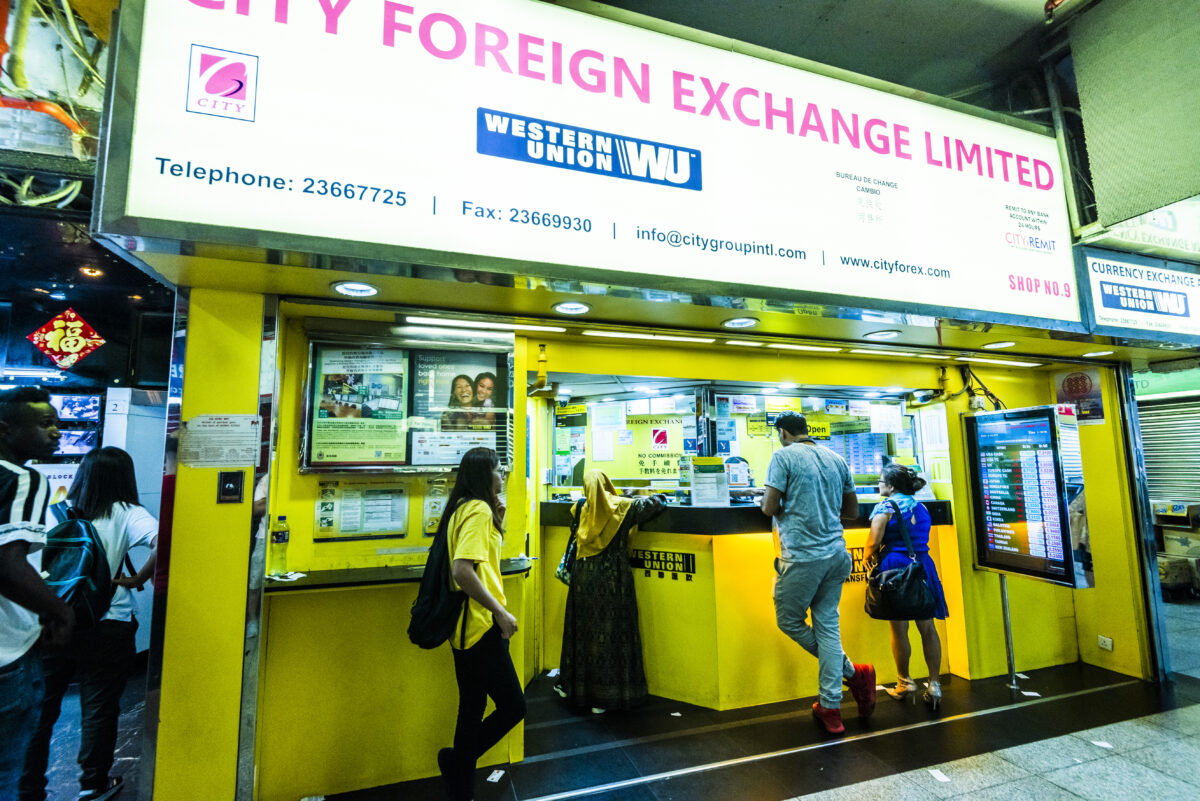Remittances play a significant role in the global economy, as it provides a lifeline for several economies across much of the world. From the Middle East and Africa (MEA) to Latin America to parts of Asia and Eastern Europe – many mostly migrant workers emigrate to seek better opportunities for their families sending their hard-earned cash back home.
The global money transfer market in 2020 was worth over $700 billion according to the World Bank. The same source says that countries that received the most remittances last year were India at $83 billion, China at $60 billion, Mexico at $43 billion, the Philippines at $35 billion and Egypt at $30 billion. In fact, within those top five, they even have terms for their citizens who are abroad such as the Philippines where they are known as Overseas Filipino Workers (OFW) and in India they are known either as Non-resident Indians (NRIs) and Persons of Indian Origin (PIOs). For countries as India and the Philippines, remittances play a large part in the gross domestic product (GDP) – in 2019 that was almost 10 per cent of the Philippines GDP, for instance.

Allied Market Research forecasts that the global money transfer market should reach a value of under $1 trillion ($930 billion) by 2026, with a compound annual growth rate (CAGR) of 3.9 per cent. By Grand View Research, the digital remittance industry alone has growth prospects at a rate of 13.3 per cent annually to reach over $42 billion in 2028. Much of this growth will be by economic migrants who leave their homes to find better-paid jobs to support their families.
Despite COVID-19, the remittances market remained resilient. Remittance flows to low- and middle-income countries surpassed the sum of foreign direct investment (FDI) at $259 billion, which excluding flows to China, fell by over 303 per cent, and overseas development assistance at $179 billion last year.
To note, when the pandemic in early 2020 brought uncertainty to the global economy, many forecasted the global economy to be much worse than what it was. For instance, the global economic GDP showed a 4.3 per cent decline, this year it is predicted by the World Bank to have a global economic expansion of four per cent. Part of that has been fiscal stimulus that ended up with better-than-expected economic conditions with host countries. Another has been a shift from cash to digital and from informal to formal means, where fintech and wider digital has been playing a large part of that.
When looking at the profile of workers in much of the developing world one can see similarities. First, significant proportions of the population are in the informal or “gig” economy. In Latin America and the Caribbean region, according to the International Labour Organisation (ILO), half of the workers – around 140 million people -are working in the informal economy. In Africa, the figure shows that over 85 per cent of employment (and 95 per cent of youth employment) is informal. Also, much of the developing world remain unbanked. Globally, the figure is around 1.7 billion people (interestingly two-thirds of those people have access to mobile phones). Another fact, of the 1.7 billion people half of them are in just seven countries – Bangladesh, China, India, Indonesia, Mexico, Nigeria and Pakistan.
To add in the migrant worker’s struggle with respect to then being overseas, who in their home country most likely would be unbanked would most likely also be unbanked in their current location as well, which was highlighted in an original The Fintech Times article called Fintech and Tech Talent: Migration and Remittances in The Middle East and Africa Region. As what was highlighted in the article, the issue of fees in remittances is one for both blue-collar workers as well as non-blue collar workers, it is just that the blue collared worker has limited options due to a high probability of them being unbanked at their home country and at their present location.

Therefore, they often and historically rely on exchange houses such as Western Union or Money Gram to wire money back home, which often charge high fees. All of these shows why fintech has been helping with remittances, in particular with migrant workers.
For it to work and to further make an impact, there needs to be further education amongst the migrant workers about their options. In other words, fintechs are there to help find an alternative and that traditional money houses are not the only option and that digital can be done with as little as a phone. This, especially at the height of lockdowns of 2020 due to the coronavirus, made sending and receiving money even more important via digital means.
Examples of mobile wallets and remittances are growing in abundance but some examples of them include the likes of London headquartered companies TransferWise (now known as Wise), Azimo, and WorldRemit. The likes of M-Pesa in the African continent has been instrumental in money transfers generally, in particular in East Africa where mobile penetration is high. Other fintechs from around the world include the likes of Singapore-headquartered InstaReM or US-headquartered Remitly. Even the traditional money houses have gone digital and disrupting and embracing fintech solutions.
In addition, fintechs and wider digital and finance can also help with financial literacy. It is important for migrant workers to of course provide for their families but also important to teach them the importance to save and invest for their future – as well understanding what their options are to do so such as via fintech solutions. For instance, even before departing, migrant workers should have a lesson of financial literacy to help empower them to have a sustainable financial worker so that when they return they do not go broke. On UN Women, a story highlighted (which unfortunately is not uncommon) of a domestic worker who returned to her home country with no savings. To top it off, she had been away for many years away from her children and husband as she was supporting other people’s households.
This can be mitigated via various ways. For instance, the World Bank had a pilot programme with Indonesian migrant workers that helped them to be financially literate so they can skillfully manage their remittances. Also, migrant workers can understand their possible solutions to not only send their remittances abroad via cost-effective ways like fintech solutions but also use them and others to help them save money and/or invest when possible. It can also be helpful for the family members receiving the remittances, so that way they also do invest and/or save the hard-earned money being sent from their loved one overseas.
There definitely is much more opportunities for fintech to further help the financially excluded, in this case many migrant workers, who are abroad to simply help their families live a better life. However, the current situation has shown a strong start to give people opportunities in sending money back home at least, and even creating a stepping stone to financial literacy, that the future in a post-COVID world can hopefully further accelerate that.



